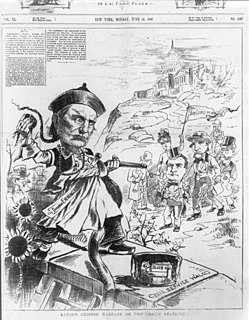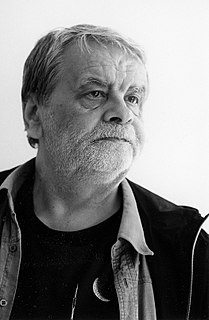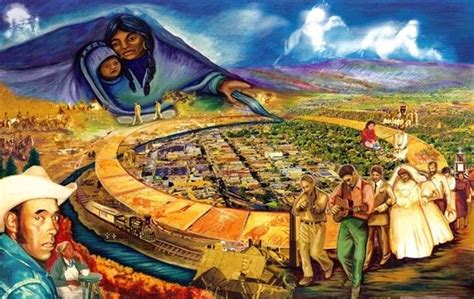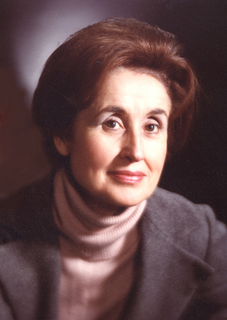A Quote by Ben Shahn
The artist must operate on the assumption that the public consists in the highest order of individual; that he is civilized, cultured, and highly sensitive both to emotional and intellectual contexts. And while the whole public most certainly does not consist in that sort of individual, still the tendency of art is to create such a public - to lift the level of perceptivity, to increase and enrich the average individual's store of values... I believe that it is in a certain devotion to concepts of truth that we discover values.
Quote Topics
Art
Art Is
Artist
Assumption
Average
Believe
Both
Certain
Certainly
Civilized
Concepts
Consist
Consists
Create
Cultured
Devotion
Discover
Does
Emotional
Enrich
Highest
Highly
I Believe
Increase
Individual
Intellectual
Level
Lift
Most
Must
Operate
Order
Public
Sensitive
Sort
Still
Store
Tendency
Truth
Values
While
Whole
Related Quotes
We deem valuable whatever is likely to meet our needs or wishes (individual values) and whatever is likely to help protect or attain social goals (social values). However, this is not a dichotomy, for some individual values, such as truth, are needed to secure some social values, such as mutual trust, and some social values, such as peace, are required to pursue some individual values, such as good health.
Silicon Valley tends to believe in the individual who creates a small group and does something big. Democracy is always frustrating, but it creates a society that, for example, allows us to invest in each other's kids, to have public education, to have both a greater society and individual freedom for creating businesses.
[Kierkegaard] did not care for large public events because every crowd is in itself an untruth. The only way out is isolation, aloofness. Only the individual is a reality and only the individual is true. Maybe the process of isolation in an individual is one of the most important matters that exists. Is not the whole point of this world for people to separate and become individuals?
I really don't want to produce artwork that does not have meaning beyond simple decorative values. I want to use public space to create a public voice, and a public consciousness about the presence of people who are, in fact, the majority of the population but who are not represented in any visual way. By telling their stories we are giving voice to the voiceless and visualizing the whole of the American story.
... between government, business, and the public, there is a triangular community of interest. Clearly, it is in business' interest to shape its behavior to prevailing public values; it is more efficient to do so than not to do so. It is also clear that government is the high-cost alternative through which public values are imposed on corporations that do not accurately perceive these values.
Therefore those governing the State ought primarily to devote themselves to the service of individual groups and of the whole commonwealth, and through the entire scheme of laws and institutions to cause both public and individual well-being to develop spontaneously out of the very structure and administration of the state.
To attach full confidence to an institution of this nature, it appears to be an essential ingredient in its structure, that it shall be under private and not a public direction-under the guidance of individual interest, not of public policy; which, would be . . . liable to being too much influenced by public necessity.
Once a term like "open source" entered our vocabulary, one could recast the whole public policy calculus in very different terms, so that instead of discussing the public interest, we are discussing the interests of individual software developers, while claiming that this is a discussion about "innovation" and "progress," not "accountability" or "security."







































